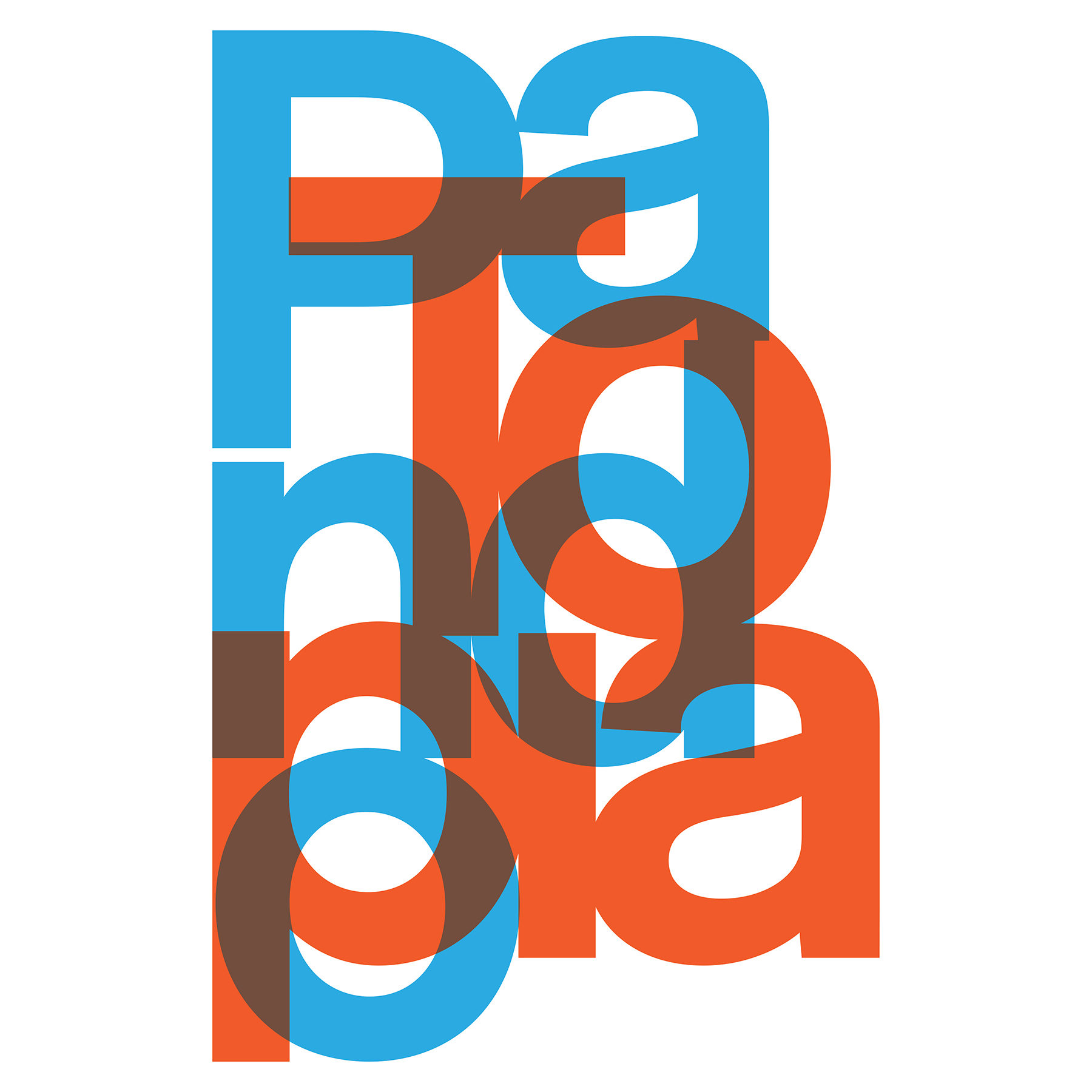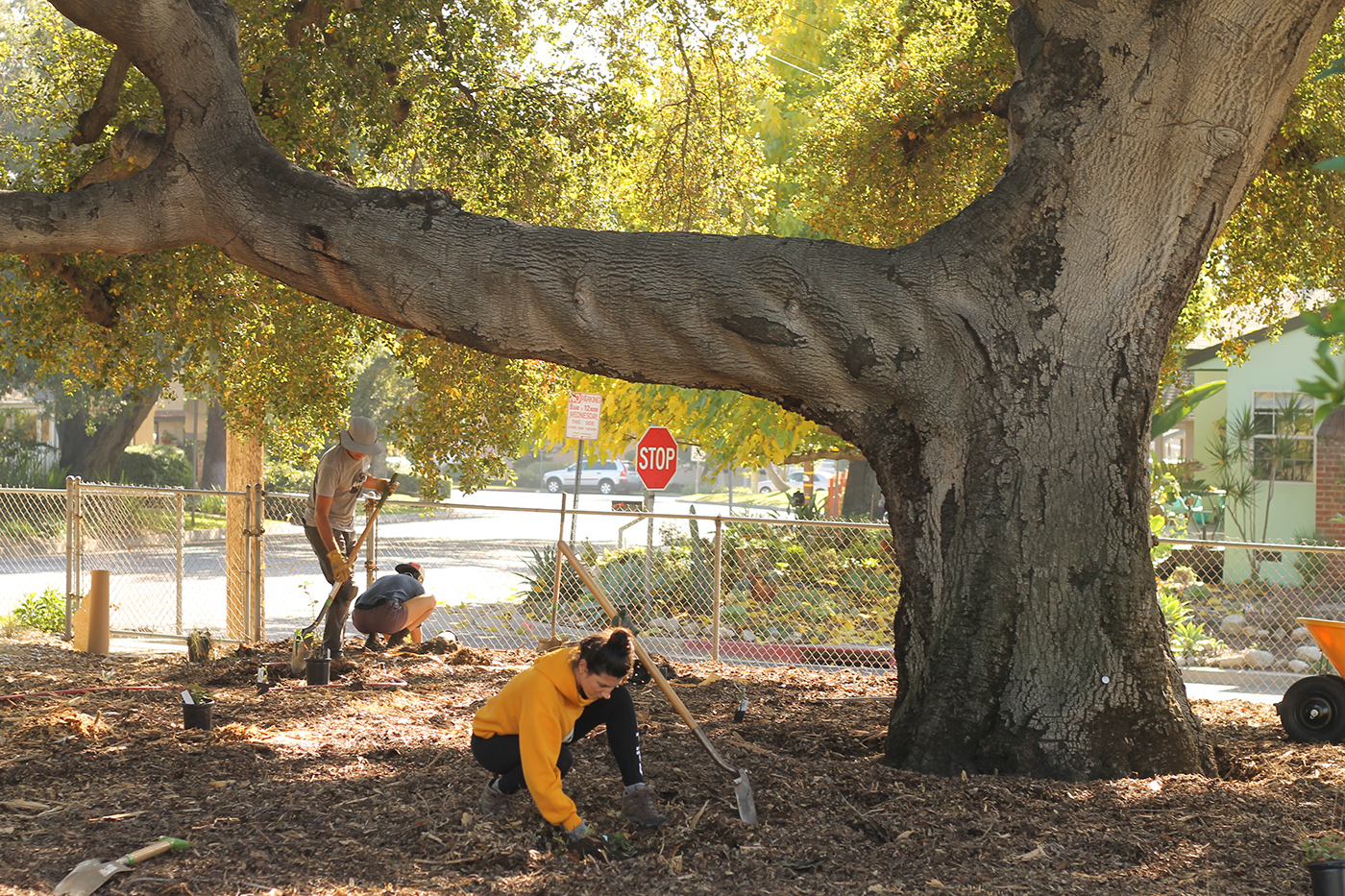
Pando at Maryknoll is the name of the prototype Pandotopia campus located on the 7 ½ acre compound of the Maryknoll Sisters in Monrovia, CA.
Model: Residential research park for integral ecology
Pando at Maryknoll was launched as a result of a series of Pandotopia Blitz events, which brainstormed and modeled possibilities for re-imagining religious campuses in light of Pope Francis’s vision of integral ecology.
Between the summer of 2018 and beginning of 2021, we built a working model to test-case what we called a “residential research park for integral ecology,” with programs aimed to demonstrate, educate about, and accelerate opportunities for incarnating visionary goals.
The idea built upon and extended the original commitment of the Maryknoll Sisters to Los Angeles County service. The Monrovia campus was originally established in 1920 to meet a pressing need: tuberculosis treatment for Japanese-American patients who were unable otherwise to receive care (due to racial discrimination).
Today, with the vast majority of Maryknoll Sisters in retirement, Pando engaged with them to reimagine the mission of the Monrovia convent for the purpose of meeting regional justice and sustainability needs.
Following a three-year prototype period, Pando at Maryknoll ceased its campus management operations during the latter months of the COVID pandemic.
See what we accomplished during the prototype period, including these highlights:
Demonstration of best practices for integral ecology:
- installed a low-water, drought-tolerant, native plants landscape in a section of the Maryknoll Monrovia property (through collaboration with UCLA, SELVA International, and a volunteer corps);
- put in a kitchen garden with donations from Kellogg’s, volunteers, and others;
- installed a public art display, created by the first Pando Fellow;
- prototyped “Maryknoll Farms” branding and product;
- accomplished large sections of sod removal (also involving UCLA and SELVA, resulting in a Metropolitan Water District rebate for a portion of the removal work);
- brought in specialists to revise watering schedules on a portion of the property to be more in keeping with sustainable water use and vegetation/CA live oak needs;
- introduced structures for rain water collection, including large cistern and a rain garden;
- developed landscape plans with a team of more than a dozen experts and 60 students from the UCLA
- Extension Landscape Architecture and Design program for total campus overhaul (7.5 acres) to demonstrate an integral ecology model;
- installed Pando Bikes program for residents and guests looking for leisure, exercise, or a trip to town.
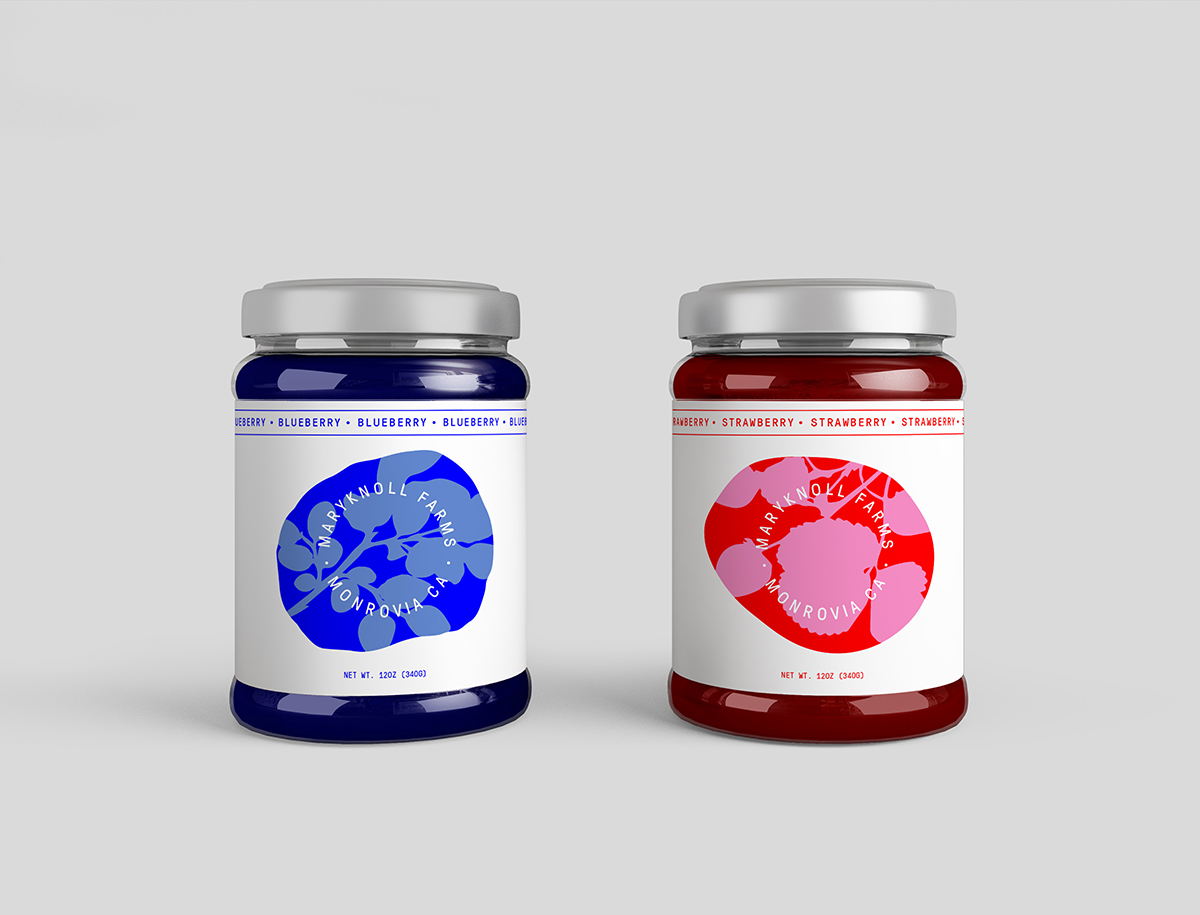
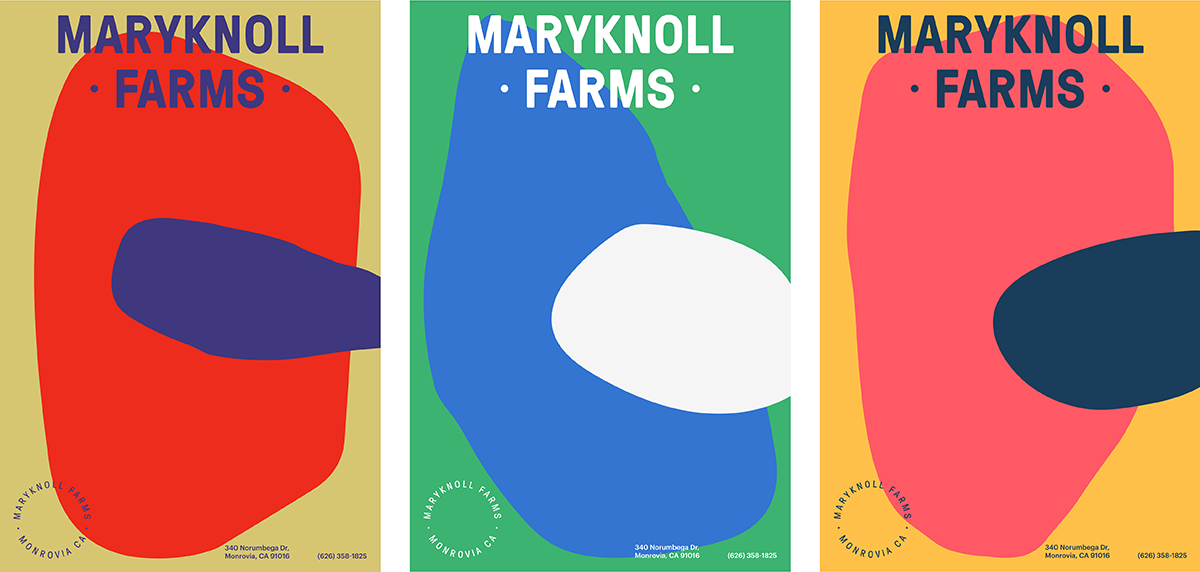
Education — from community engagement to higher ed:
- launched Pando Fellows and student internship programs, along with a program for artists in residence (see, for instance, artist-in-residence blog post here);
- tested viability, interest, and mechanics related to an alternative campus model for project-driven, transdisciplinary, values-oriented education, proving the model with students from design, architecture, landscape design, ecology/sustainability, social justice, and religion programs;
- opened partnership opportunities with some 15 educational institutions (SoCal- based and beyond) and explored it with dozens of NGOs;
- created working lab opportunities for:
- UCLA (across multiple departments, including landscape and ecology);
- USC (non-profit development);
- University of Kansas (design for social impact), and
- University of La Verne (philosophy of religion, ritual, and sacred place);
- developed a roadmap (see overview) in collaboration with UCLA for further research work, looking at developing out five areas of research interest: urban agriculture (including composting, seed and plant science research, food research); sustainable landscaping (including research on campus lighting and effects).
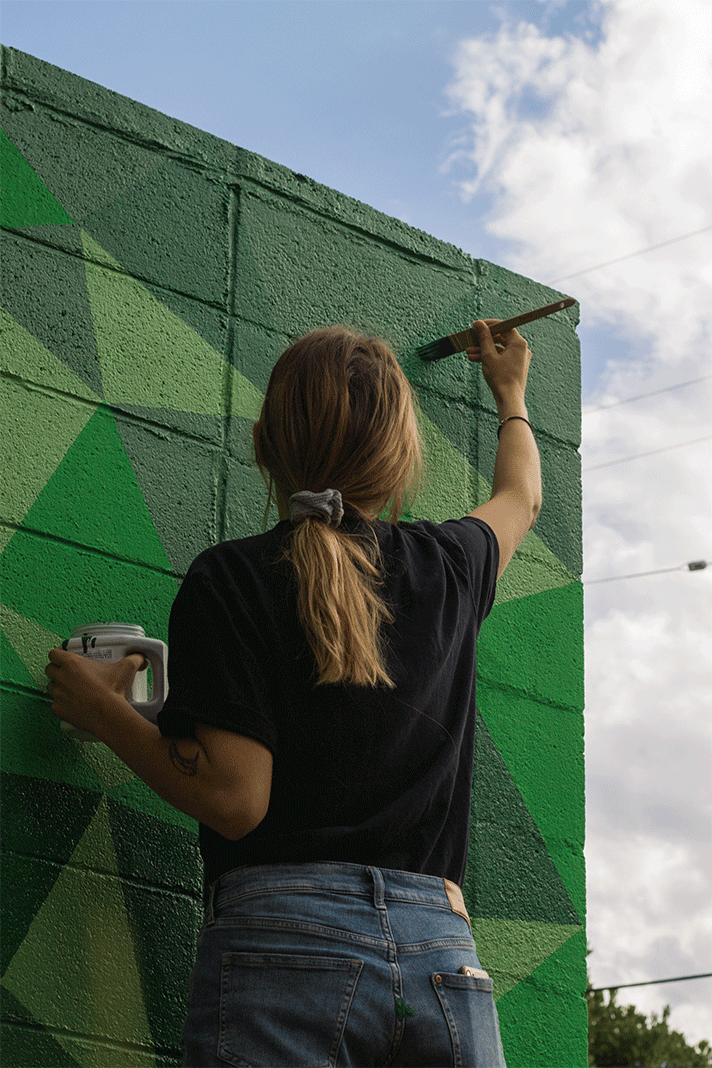
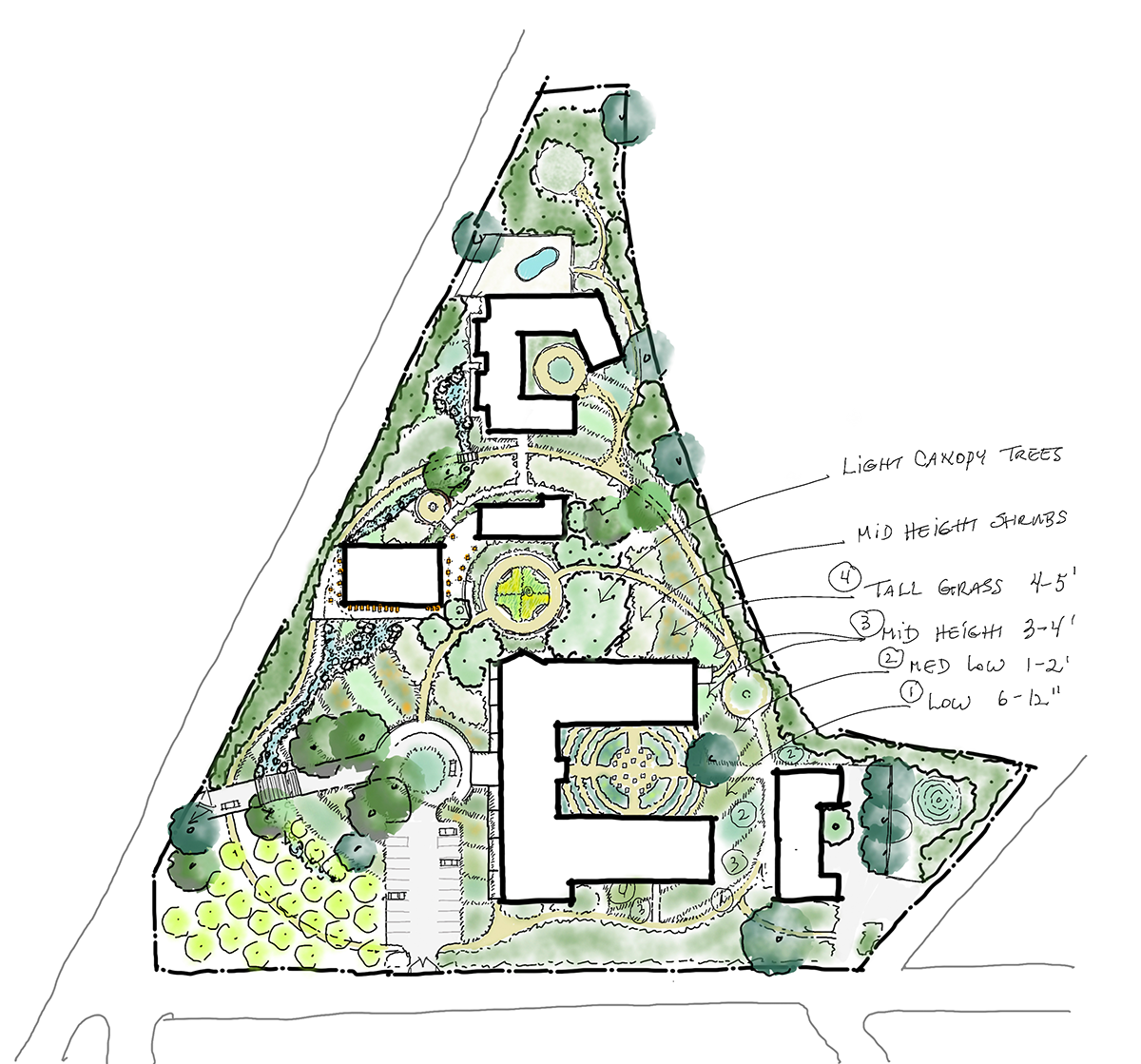
Acceleration of wholly new initiatives (for-profit and non-) that aim to implement an integral ecology vision:
- created and tested an accelerator model for developing social and environmental impact initiatives of value to LA County sustainability, and proved the model by implementing it successfully with 10 higher ed institutions over a months-long
- period creating high-value projects (see Pando Days listing of schools and projects);
- created a physical makerspace on campus in Monrovia with donations from the Hilton Foundation and others for use in the initiative;
- brought in partners to test the opportunity, including highly diverse participants to collaborate together on initiatives for the common good, bringing design students together with sisters with Chief Sustainability Officers and others;
- created and grew the most comprehensive educational initiative available for do-it- yourself water and power conservation (Magenta House, produced in collaboration with LADWP for Council District 5),
- and partnered with the LA Cleantech Incubator (LACI) to support innovative start-up initiatives for sustainability.
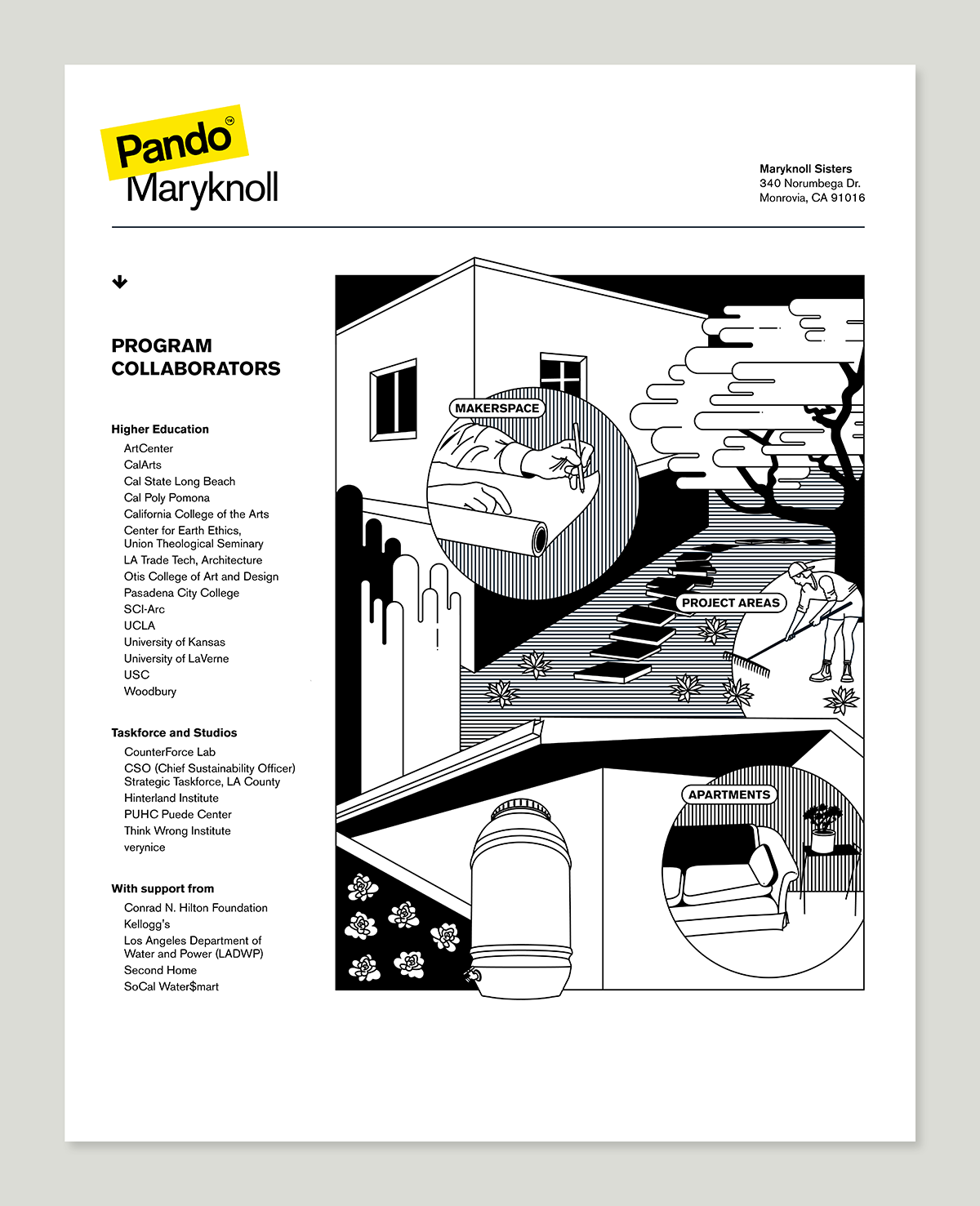
Next Steps
It is our mutual intent with the Maryknoll Sisters that program opportunities continue to develop on campus where feasible. Additionally, the campus has housing and retreat space that is ideal for overnight, conference, and meeting purposes.
The sisters aim for the property to continue to serve the vision of integral ecology, what they describe as “Wholemaking.”
